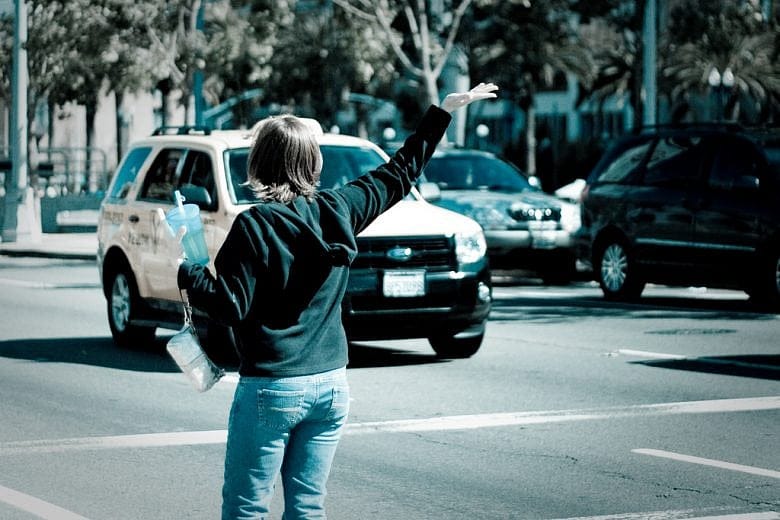Women-only ride service for Boston confronts legal concerns

BOSTON – Easing safety concerns among women providing a ride-sharing service in which female drivers only pick up female passengers may seem like a good business proposition. At least, that's what Chariot for Women hopes it will become when it begins operating in Boston in future months.
The idea has clearly touched a nerve. While the service had been expected to begin April 19, the owner told the Associated Press this week that the start had been pushed back to ensure that the online and smartphone apps it will use can handle the demand. Interest in the service has surged past expectations, as evidenced by its Facebook.com page, which already has reached almost 14,000 "likes," after the company attracted media attention.

